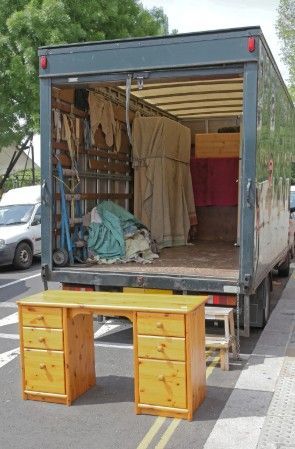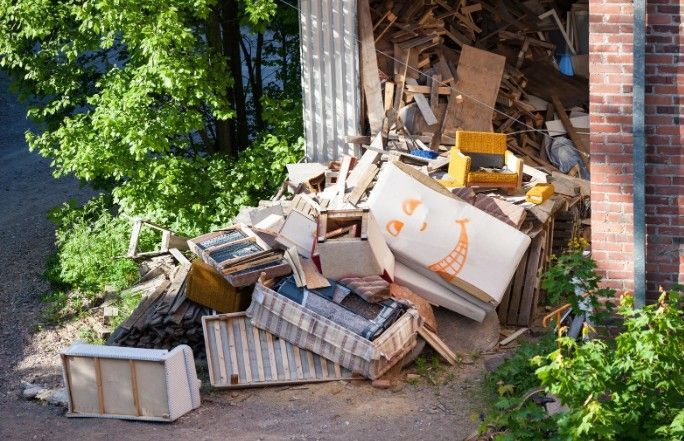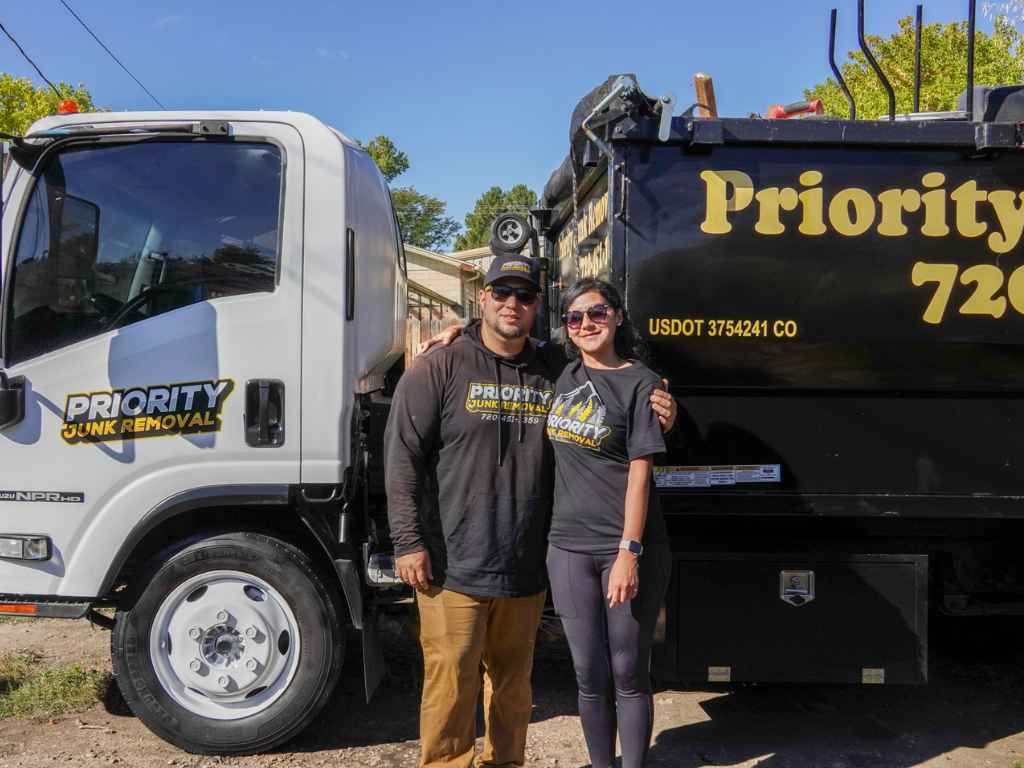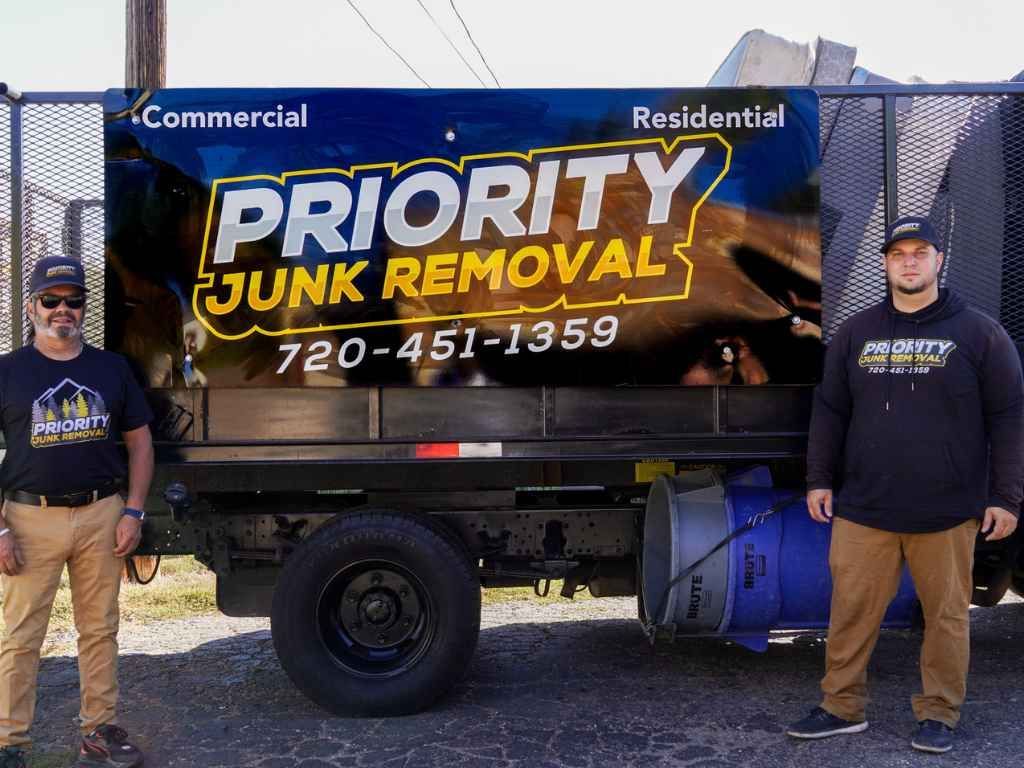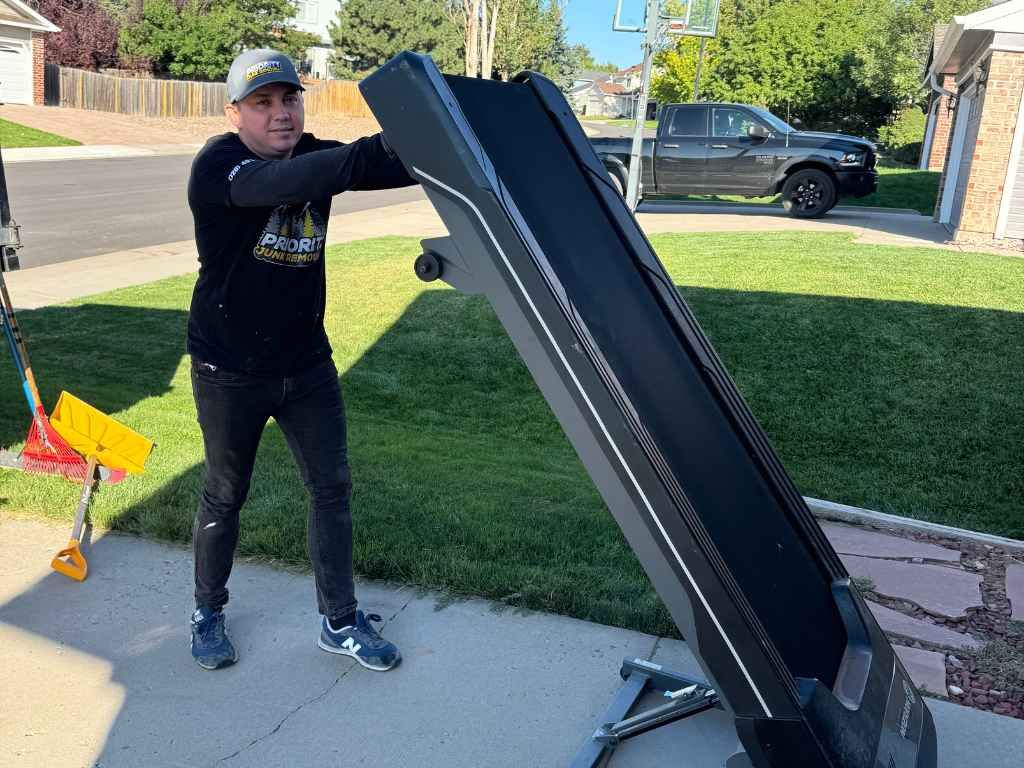How to Create a Zero-Waste Workplace Culture
In a world where breakroom bins overflow and desk drawers hide discarded gadgets, building a zero-waste workplace culture doesn’t happen by accident. It begins with conscious rebellion against convenience and a company-wide commitment to rethink what waste actually is. From supply chains to coffee cups, every routine offers a chance to realign with sustainability without draining productivity or morale.
This transformation isn't dictated by policy alone. It pulses through personal choices—every print job reconsidered, every reusable fork proudly washed at the sink. Shifting culture means shifting values, not with slogans or sticky notes, but through accountability and innovation. When employees stop treating waste as inevitable, the whole office begins to pulse with purpose. The culture changes not in one bold leap but in countless small, deliberate pivots.
Designing the Work Environment With Waste in Mind
Redesigning spaces with waste reduction at the core is a move that speaks volumes without saying a word. It’s the subtle positioning of compost bins beside snack stations, the quiet disappearance of single-use products from conference rooms, the insistence that office materials live a second—or third—life. These shifts feel small until they ripple through the collective workplace rhythm.
Instead of defaulting to status quo furniture, consider modular pieces made from reclaimed wood or repurposed plastics. Supply closets brimming with eco-conscious alternatives don't just look good—they whisper a new standard to every team member passing by. In time, the workplace begins to hum with subtle resistance against throwaway culture, embedding zero-waste principles into the architecture itself.
Rethinking the Role of Procurement in a Waste-Free Vision
Purchasing isn’t just about acquiring—it’s a ritual of intent. When procurement leads with zero-waste priorities, it transforms routine transactions into mindful moments. Swapping out bulk single-use orders for long-lasting alternatives signals more than cost-consciousness—it sets the tone for how waste is perceived from the top down.
Vetting vendors based on sustainability practices adds another layer of accountability, ensuring that zero-waste ideals don’t vanish outside office walls. Contracts that prioritize minimal packaging or material recyclability amplify the mission well beyond internal memos. Ultimately, every product that enters the office holds weight, either reinforcing old habits or nudging the culture toward something more enduring.
Empowering Employees to Own the Zero-Waste Mission

Purchasing isn’t just about acquiring—it’s a ritual of intent. When procurement leads with zero-waste priorities, it transforms routine transactions into mindful moments. Swapping out bulk single-use orders for long-lasting alternatives signals more than cost-consciousness—it sets the tone for how waste is perceived from the top down.
Vetting vendors based on sustainability practices adds another layer of accountability, ensuring that zero-waste ideals don’t vanish outside office walls. Contracts that prioritize minimal packaging or material recyclability amplify the mission well beyond internal memos. Ultimately, every product that enters the office holds weight, either reinforcing old habits or nudging the culture toward something more enduring.
Empowering Employees to Own the Zero-Waste Mission
Culture isn't commanded from a podium—it’s breathed into being by the people who live it every day. A zero-waste workplace culture thrives when employees feel personally invested in its creation. It’s not about pushing responsibilities; it’s about unlocking shared ownership. Empowerment happens when workers feel seen as agents of change, not spectators.
Creating small teams to lead waste audits or initiating friendly competitions around creative reuse invites genuine engagement. When ideas flow from the ground up, the movement gains traction in ways that top-down directives simply can't replicate. A composting bin in the lounge may seem like a small victory, but when it's celebrated as a communal achievement, it becomes a powerful cultural signal.
Shifting the Office Mindset Around Paper and Printing
For many workplaces, paper remains the silent saboteur of sustainability. Despite digital tools aplenty, the hum of the printer persists. But cutting paper waste isn’t just about limiting print jobs—it’s about deconstructing the mentality that paper equals professionalism. That memo doesn’t need to be a physical artifact to be taken seriously.
Going paperless requires more than a few tweaks in the software suite. It’s a cultural detour, reframing what efficiency and clarity look like in the digital age. When teams begin to favor shared drives over filing cabinets and digital notes over printed agendas, they break a generational habit. And in that fracture, something sustainable emerges—not just a cleaner office, but a wiser one.
Using Waste Audits as a Mirror for Progress
It’s one thing to pledge zero-waste intentions; it’s another to hold up a mirror and examine the truth. That’s what waste audits offer: clarity without judgment. When done regularly, they uncover the forgotten corners of excess—the overflowing cabinet of old tech, the surplus of marketing flyers long past relevance.
These audits aren’t about guilt; they’re about awakening. By analyzing what’s actually being tossed, offices can pinpoint where intentions diverge from actions. The data doesn’t just inform—it galvanizes. Teams get inspired when they see real, measurable outcomes and feel the impact of their day-to-day decisions. Waste audits transform awareness into strategy and strategy into culture.
Encouraging Office-Wide Reuse Over Replacement
Throwing away and buying new may be easy, but ease comes at the expense of principle. Promoting reuse at work is a rebellion against waste disguised as convenience. The supply room shouldn’t resemble a retail aisle; it should feel more like a creative reuse hub, where items get repurposed rather than replaced.
Office culture shifts when people take pride in reusing folders, mending broken chairs, or swapping outdated tech internally before sending it off for disposal. These acts, though seemingly small, build a kind of ethical reflex that seeps into other decisions. A culture of reuse reshapes the narrative—nothing is simply "old," it’s "reusable," and that subtle language shift speaks volumes.
Hosting Events That Reinforce Sustainability Values
The rhythm of office life is often marked by events—team lunches, seminars, milestone celebrations. These are golden opportunities to infuse zero-waste values without sacrificing enthusiasm. Imagine a catered lunch without a single disposable utensil or a company party that leaves no plastic behind. These experiences teach without preaching.
When sustainability is woven into the joyful, social threads of workplace life, it feels less like a mandate and more like a shared identity. Events become expressions of values, and when coworkers see their leaders walking the talk with compostable decor and eco-conscious catering, they internalize those priorities organically. The culture doesn’t just speak—it sings.
Leveraging Digital Platforms for Collaborative Sustainability
Technology isn’t just a tool—it’s a bridge between intentions and action. Digital collaboration platforms provide fertile ground for building zero-waste momentum. Whether it’s a shared spreadsheet tracking office supplies, a Slack channel swapping reuse ideas, or internal newsletters spotlighting green wins, tech can breathe life into the mission.
Harnessing digital space allows for continuity. It’s not just about reminders—it’s about creating a living dialogue that stretches across departments and hierarchy. When teams use these tools to celebrate each waste-reducing innovation, the office doesn’t just operate sustainably—it thinks sustainably. Over time, digital connectivity becomes the scaffolding for a culture that doesn’t forget what it values.
Making Junk Removal a Vital Step Toward Cultural Shift
Often overlooked, junk removal isn’t just a clean-up task—it’s a clarifying gesture. Offices burdened by obsolete electronics, forgotten furniture, and decades-old marketing materials can’t begin anew without clearing the remnants of outdated systems. When a workspace is stripped of unnecessary clutter, it becomes a canvas for reinvention.
Working with eco-conscious junk removal services aligns this step with the broader zero-waste mission. Prioritizing firms that sort, recycle, and donate transforms removal from a chore into a contribution. It becomes part of the cultural ritual—a periodic cleansing that reaffirms commitment to the waste-free journey. Without this purge, transformation stalls; with it, momentum surges.
Benefits of Building a Zero-Waste Workplace Culture
Increased Team Morale
A zero-waste culture creates a sense of shared purpose among team members, uniting them toward a common goal. The collective effort fosters a positive workplace atmosphere, boosting enthusiasm across departments and making employees feel more connected to the company’s mission. This renewed sense of engagement naturally elevates team morale, as individuals find pride in knowing their actions contribute to a larger cause.
Reduced Operational Costs
Adopting waste reduction practices directly leads to cost savings, making a zero-waste approach a financially savvy choice. By emphasizing reuse, minimal packaging, and smarter procurement strategies, companies cut down on unnecessary expenses. Reducing waste also lowers disposal fees, which are a common operational drain. Moreover, these efforts encourage more efficient resource management, helping businesses operate leaner, with less reliance on external suppliers and less waste sent to landfills.
Stronger Brand Identity
Sustainability isn't just a buzzword; it’s a powerful tool for building a resilient brand identity. When companies genuinely embrace zero-waste practices, they differentiate themselves from competitors, showcasing their commitment to the environment and ethical values. In today’s marketplace, consumers are increasingly drawn to brands that align with their values, and a strong sustainability ethos can significantly enhance customer loyalty and attract like-minded partners.
Improved Workspace Aesthetics
A clutter-free environment isn't just about appearance—it can transform the entire atmosphere of an office. By eliminating excess items and rethinking the layout and design, companies create spaces that inspire focus and productivity. A well-organized, clean workspace promotes mental clarity, helping employees concentrate and perform their best. This improved environment not only boosts individual performance but also reflects the company’s commitment to a clean, sustainable future.
Smarter Use of Junk Removal Services
Partnering with professional junk removal services takes the burden of large-scale office cleanouts off the team, allowing businesses to focus on their core operations. Rather than seeing junk removal as a simple cleanup task, companies can approach it strategically, aligning it with their sustainability goals. Professional services ensure that obsolete items are disposed of responsibly, with an emphasis on recycling and repurposing.
Conclusion
Cultivating a zero-waste workplace culture goes beyond simply implementing well-meaning policies. It requires a clear vision, unwavering dedication, and consistent action that is woven into everyday habits. It starts with rethinking procurement practices—choosing materials and products that are recyclable, reusable, or biodegradable.
Leveraging technology also plays a vital role, from streamlining processes to minimizing paper waste, while embracing professional junk removal services ensures that office clear-outs are handled in an environmentally responsible manner. For a cleaner, more mindful future, connect with Priority Junk Removal, proudly based in Littleton. For tailored eco-friendly junk removal solutions, reach out today at 720-451-1359 or email priorityjunkremoval@gmail.com.

